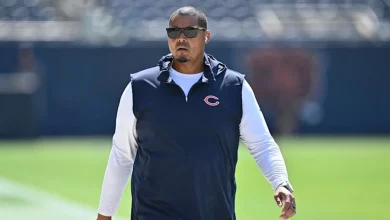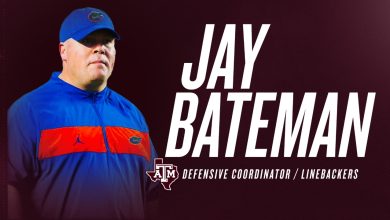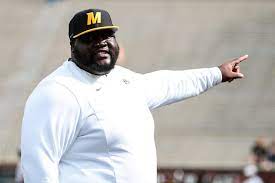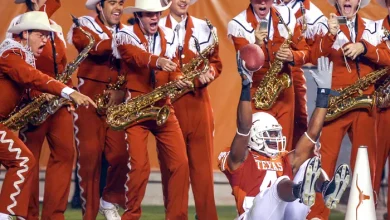Texas A&M Coach Michael Earley Fumes Over Kentucky’s Use of Travel Curfew Rule in Heated SEC Baseball Clash
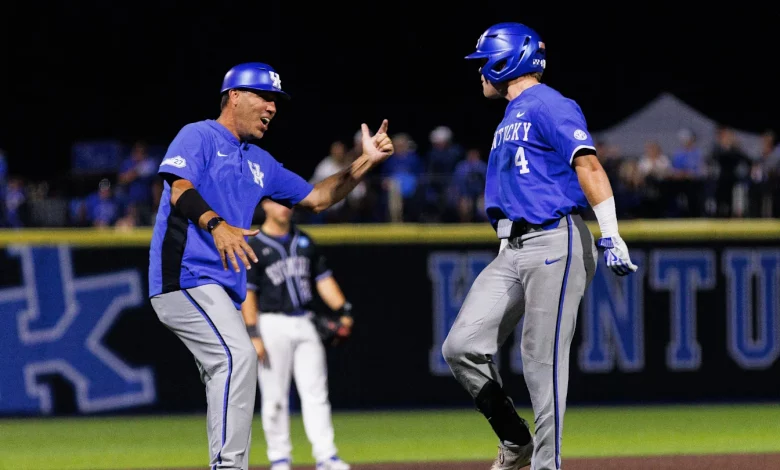
The SEC is known for its intensity in every sport, and baseball is no exception. This past weekend, Texas A&M head coach Michael Earley found himself at the center of controversy after expressing frustration over Kentucky’s use of the travel curfew rule, a decision that significantly impacted the outcome of their matchup. The rule, which sets a hard stop time for games to accommodate team travel schedules, has sparked debates in the past, but Earley’s reaction has reignited the conversation about its fairness and application in high-stakes conference play.
Understanding the Travel Curfew Rule
The travel curfew rule exists primarily for logistical reasons, ensuring teams can adhere to predetermined travel schedules, particularly when flights or long bus rides are involved. It prevents games from continuing indefinitely and is designed to balance competition with the realities of team travel. However, the rule has long been criticized for its potential to alter the competitive integrity of games, particularly when one team appears to benefit from its enforcement.
In Texas A&M’s series against Kentucky, the game was abruptly halted due to the rule, cutting short the Aggies’ opportunity to stage a late comeback. Earley, whose team was gaining momentum, was visibly upset after the game, voicing his frustration over the timing of the curfew’s enforcement and how it impacted his squad’s chances.
Michael Earley’s Heated Response
After the game, Earley didn’t hold back in his assessment of the situation.
“It’s frustrating when a game is dictated by something outside of what happens between the lines. We were battling, and to have the game called like that—it’s tough to swallow.”
The Aggies had just started to rally when the curfew was enforced, leaving players, fans, and coaching staff frustrated by the sudden stoppage. Earley’s postgame remarks suggested he believed Kentucky strategically benefited from the rule, implying that it could have been used to their advantage to escape a tight situation.
While he stopped short of directly accusing Kentucky of manipulating the rule, his pointed comments made it clear that he felt the game’s natural course was disrupted unfairly.
Kentucky’s Perspective
From Kentucky’s side, the situation was viewed differently. Wildcats head coach Nick Mingione defended the rule’s enforcement, emphasizing that it was within the league’s regulations and had been agreed upon before the series began.
“We followed the rules as they are written. We respect Texas A&M and the fight they put up, but at the end of the day, this is part of playing in the SEC.”
Kentucky’s stance was that the rule was applied as intended and was not influenced by any particular in-game circumstances. However, the optics of the situation, coupled with Texas A&M’s rising momentum at the time, made it an emotional topic for the Aggies.
The Impact on Texas A&M’s Season
For Texas A&M, this game could have significant implications moving forward. Every SEC contest plays a role in determining conference standings, NCAA Tournament seeding, and even regional hosting opportunities. Losing a game under such circumstances adds an extra layer of frustration, especially when it felt like the Aggies were on the verge of flipping the momentum in their favor.
The game’s outcome may also serve as a rallying point for Earley’s squad. Teams often use controversial losses as motivation, and Texas A&M may channel their frustration into an extra edge for the remainder of the season.
Is It Time to Reevaluate the Travel Curfew Rule?
The controversy has reignited discussions about whether the travel curfew rule needs revision. Many within the SEC and college baseball community believe that games should be played to completion, even if it means adjusting travel plans. Possible solutions include:
- Allowing a grace period if a game is within a certain run differential or a rally is in progress.
- Implementing a rule that allows games to resume the next day instead of ending abruptly.
- Providing teams with greater flexibility in travel arrangements to reduce the impact of curfews.
As discussions continue, Earley’s reaction has put a spotlight on the issue, and it’s possible that the conference will revisit the rule in the offseason to assess whether changes should be made.
Looking Ahead
Texas A&M won’t dwell on this controversy for long. With a packed SEC schedule ahead, the Aggies will need to refocus quickly. But one thing is certain: Michael Earley and his team won’t forget what happened, and they’ll be looking to prove that they can overcome adversity, both on and off the field.
As the season progresses, it will be interesting to see whether the SEC addresses concerns about the travel curfew rule. For now, Texas A&M must turn their frustration into fuel, using it as motivation to ensure that no rule—or opponent—dictates their fate moving forward.



